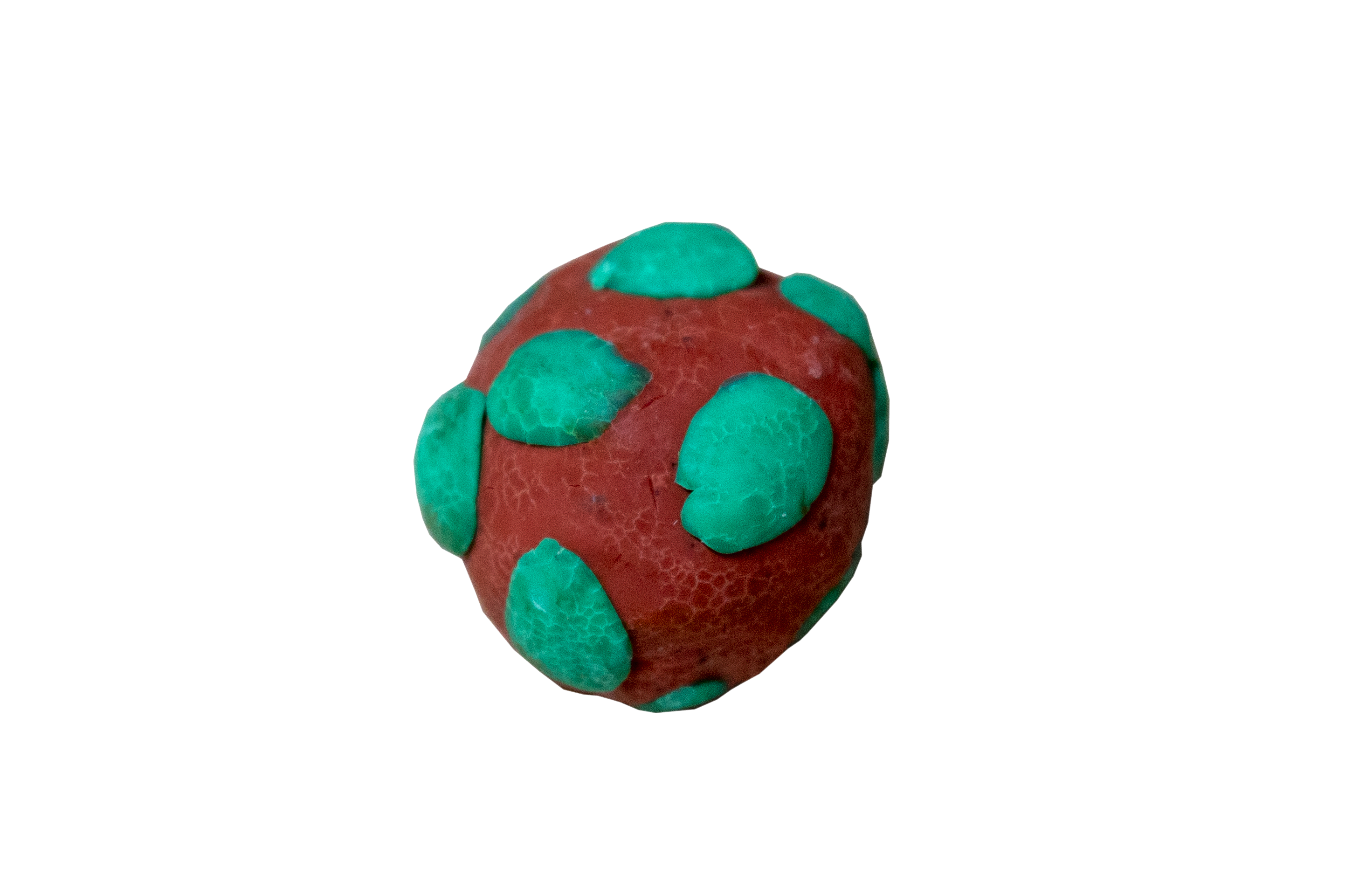



introduction to the collective exercises
The collective conversations were organized in two stages. A first conversation at UMAR (feminist organization) related to the sharing of memories, bringing personal archives related to the Furnas stew; and a second conversation at Vaga, where processes of female and male subjectivation were discussed (the way in which gender is made through work and these rituals) but also the perspectives of practical transformation, discussing the importance of social reproduction spaces as important sites for women's socialization.

Photo of Rosa Simas
Conversation in circle at UMAR Azores
may 2021
Like the recipes, the genre is also cooked on the basis of scripts that are not always written but that can be found in practices reenacted over time: mainly in work practices.
Conversations and orality are an essential element to collect different aspects of the history and experience of women about their work.
At UMAR, this initiative took place in a circle of women with the aim of recording the orality of memory and perspectives on the Furnas stew, extending this conversation to domestic and care work in a global way. This was intended as a way to contribute to the construction of an inclusive (and participatory) memory of the past and a living history of the present
With the presence of women with different ages associated with UMAR, a safe space for sharing experiences and perspectives was created. This diversity of generations made it possible to update the ethnographic record on the practice, to understand how it was transmuted/maintained over time and how it is seen today by younger generations.
introduction to the collective exercises
The collective conversations were organized in two stages. A first conversation at UMAR (feminist organization) related to the sharing of memories, bringing personal archives related to the Furnas stew; and a second conversation at Vaga, where processes of female and male subjectivation were discussed (the way in which gender is made through work and these rituals) but also the perspectives of practical transformation, discussing the importance of social reproduction spaces as important sites for women's socialization.

Photo of Rosa Simas
Conversation in circle at UMAR Azores
may 2021
Like the recipes, the genre is also cooked on the basis of scripts that are not always written but that can be found in practices reenacted over time: mainly in work practices.
Conversations and orality are an essential element to collect different aspects of the history and experience of women about their work.
At UMAR, this initiative took place in a circle of women with the aim of recording the orality of memory and perspectives on the Furnas stew, extending this conversation to domestic and care work in a global way. This was intended as a way to contribute to the construction of an inclusive (and participatory) memory of the past and a living history of the present
With the presence of women with different ages associated with UMAR, a safe space for sharing experiences and perspectives was created. This diversity of generations made it possible to update the ethnographic record on the practice, to understand how it was transmuted/maintained over time and how it is seen today by younger generations.